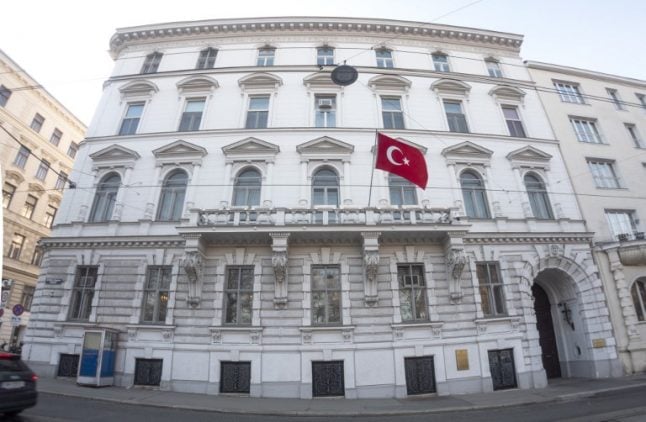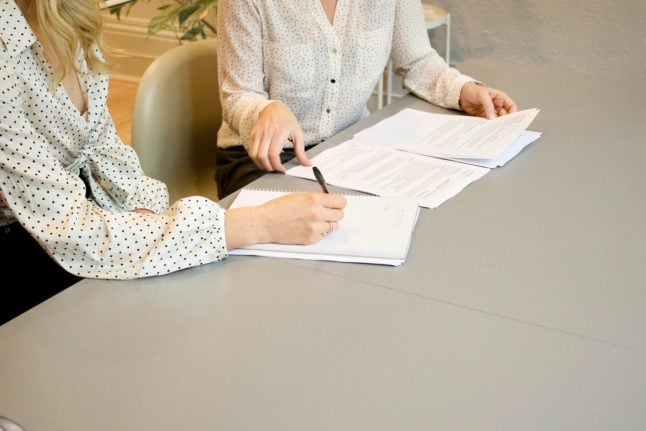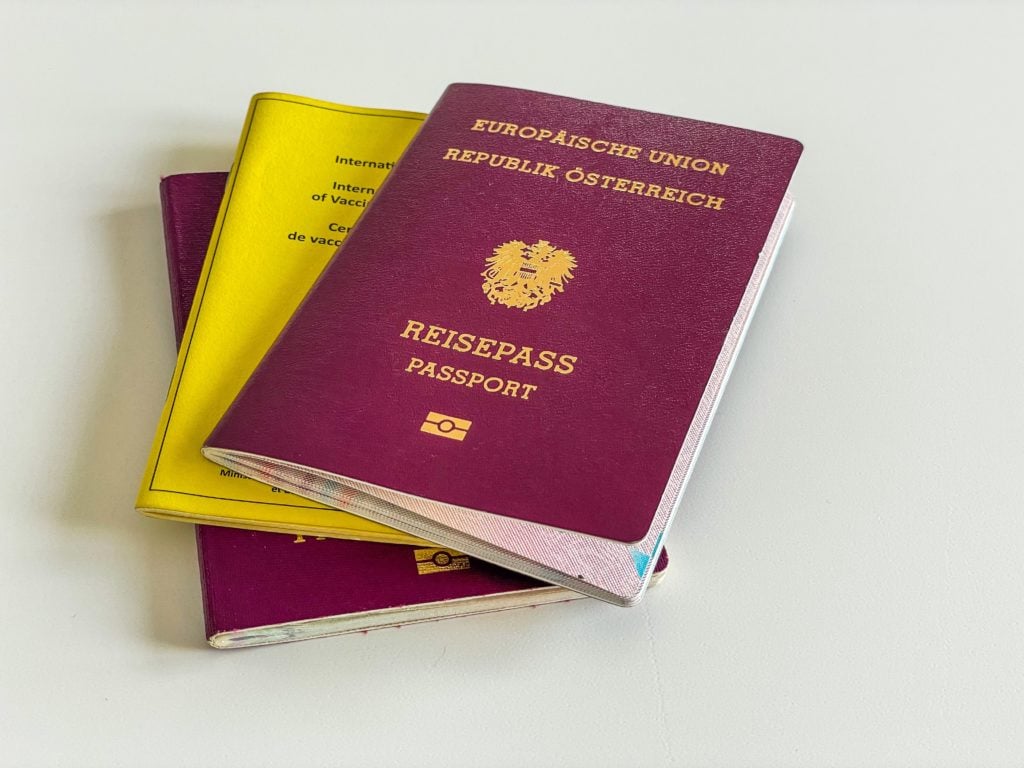The Constitutional Court upheld the appeal of a man threatened with the loss of his Austrian nationality because he appeared on a purported list of Turkish voters in Austria.
The ruling questioned the authenticity of the list and criticised the way officials had pursued cases against the people named.
The list was leaked by the far-right Freedom Party (FPÖ) last year, when they were still in opposition.
The authorities used it to open investigations into whether those who appeared on it had dual nationality, which Austria only allows in rare cases.
However, in its decision the Constitutional Court found that the list was “not suitable for use as evidence”, calling it “questionable” and “not authentic”.
The ruling also criticised how officials had expected those affected to prove that they had not taken up Turkish citizenship again.
“The burden of proof must not be simply be passed on to the person affected,” said the ruling.
That denied people the “constitutionally guaranteed right to equal treatment of all citizens before the law”, it said.
The FPÖ, part of the governing right-wing coalition since last December, has never explained how it obtained the list.
But in its response to Monday's ruling, it said it refused to accept that it was not genuine.
So far, 85 people nationwide have had their citizenship revoked.
The issue has become a major talking point in Austria's Turkish-origin community, with several of those affected insisting that their presence on the list must be a mistake.
Austria, like neighbouring Germany, invited thousands of Turkish citizens to come and work in the 1960s and 1970s, and many staying and putting down roots.
Turkish immigrants and their descendants now number around 270,000 out of the population of 8.7 million.




 Please whitelist us to continue reading.
Please whitelist us to continue reading.